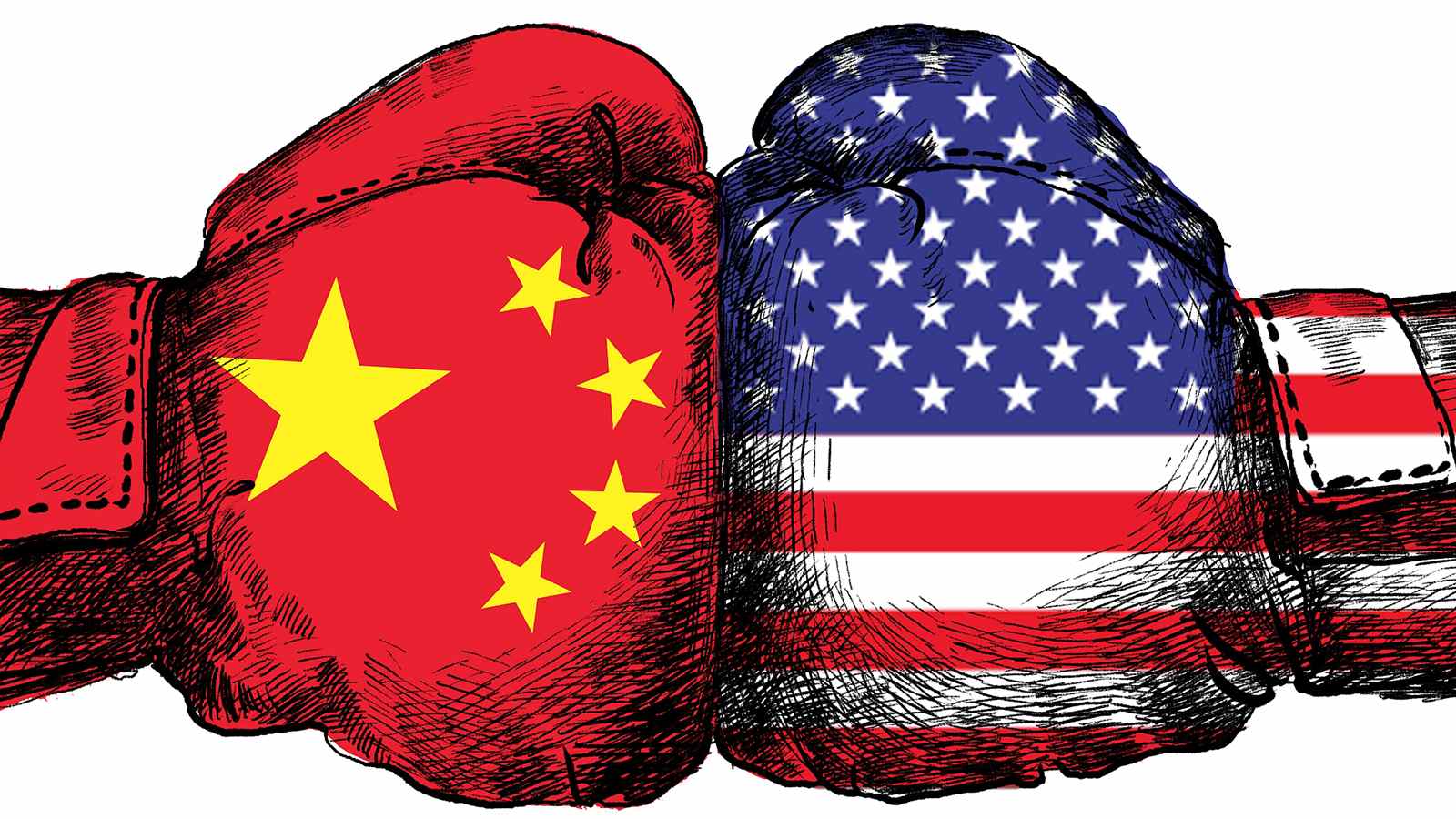
Opinions
12:14, 26-Sep-2018
Opinion: China keeps its door open amid escalating trade dispute
Updated
11:52, 29-Sep-2018
CGTN's The Heat

After the US imposed tariffs on 200 billion US dollars' worth of Chinese imports and China countered backed with tariffs on 60 billion US dollars' worth of American imports, the Chinese government released a 36,000-word white paper outlining its firm position on free trade and multilateralism, its determination to protect intellectual property, and its willingness to maintain trade relations with the US.
The trade war has continued longer than many analysts expected. Jack Ma, the Chinese billionaire and Alibaba executive chairman, warned that it might last for 20 years.
Yan Liang, an associate professor at Willamette University who focuses on China's economy and international trade, suggested that the white paper denounced the “America First” agenda that denies bilateralism, and promoted WTO rules for the sake of free trade. Overall, China took a victim position in the dispute. However, this victim is not too weak to defend itself.
00:57

“It's a white paper, not a white flag,” said Liang. “China will continue with its own economic agenda and retaliate when necessary.”
In the white paper, China also pointed out that the trade deficit number given by the US government is unreasonably higher than the Chinese number. Merrill Matthews, a resident scholar at the Institute for Policy Innovation, acknowledged that the gap was a result of different calculation approaches.
“China took the value-added approach while the US calculated the sum value of all final goods,” said Matthews. “The US thus got a number much higher than the actual situation.”
The impact of this trade dispute is taking place in the US market, with small business owners taking the hit on the frontline. Arthur Dong, a professor at Georgetown University's School of Business and an adviser to US companies in China, was well aware of the concerns from his conversations with those small business owners.
“We are prepared to take this for a little while, if this is going to be resolved in the next three or four months,” Arthur said, quoting the words of his clients. “But a long-term dispute would be devastating for our business.”
Business owners who have companies in China are trapped in a dilemma on whether to pull out their investments from the market. The trade war may drag on for too long for them to bear; however, transitioning to another country, especially for those in manufacturing industries, requires a large amount of time and money and is not without new risks.
“Moving is hard for big companies,” said Dong. “Those companies in China with well-trained workers and most profitable productions can't be destroyed overnight. There will be tremendous amount of friction when moving to a new market.”
China imported one-third of its soybeans, worth an estimated 14 billion US dollars, from the US. Now these soybeans are all under 25 percent tariffs. According to Liang, despite the government subsidies to farming companies, US farmers are still under huge pressure. These farmers, ironically, were the main voters for Trump in the 2016 election.
“The 12 billion [US dollar] subsidies are not capable of covering the 14 billion [US dollar] exports loss,” said Liang.
Dong doubted that the government will take serious steps to implement these subsidies. Based on their understanding of Washington dynamics, many farmers knew that “headline numbers sounds great, but what's actually appropriated is a different story.” In other words, the funding is not guaranteed.
Lu Xiankun, a senior negotiator for China at the World Trade Organization, said that China has been seeking a new livestock consumption structure that relies less on soybeans.
“Once the landscape is changed, such as the animal feeding mixtures, it's changed forever,” said Lu.
Lu said that China gave a sober assessment about the situation, trying to downplay the impact by using words like “trade friction” instead of “trade war,” admitting the imperfection in the trading process, and reassuring the US of its willingness for open dialogue.
“I think China is sending signals to the US to improve bilateralism and keep the door open,” said Lu. “A trade negotiation is never a one-side decision, now Trump really needs to clear his mind about how to resolve the problem, rather than escalate it.”
The Heat with Anand Naidoo is a 30-minute political talk show on CGTN. It airs weekdays at 7:00 a.m. BJT and 7:00 p.m. Eastern in the United States.
(If you want to contribute and have specific expertise, please contact us at opinions@cgtn.com.)

SITEMAP
Copyright © 2018 CGTN. Beijing ICP prepared NO.16065310-3
Copyright © 2018 CGTN. Beijing ICP prepared NO.16065310-3